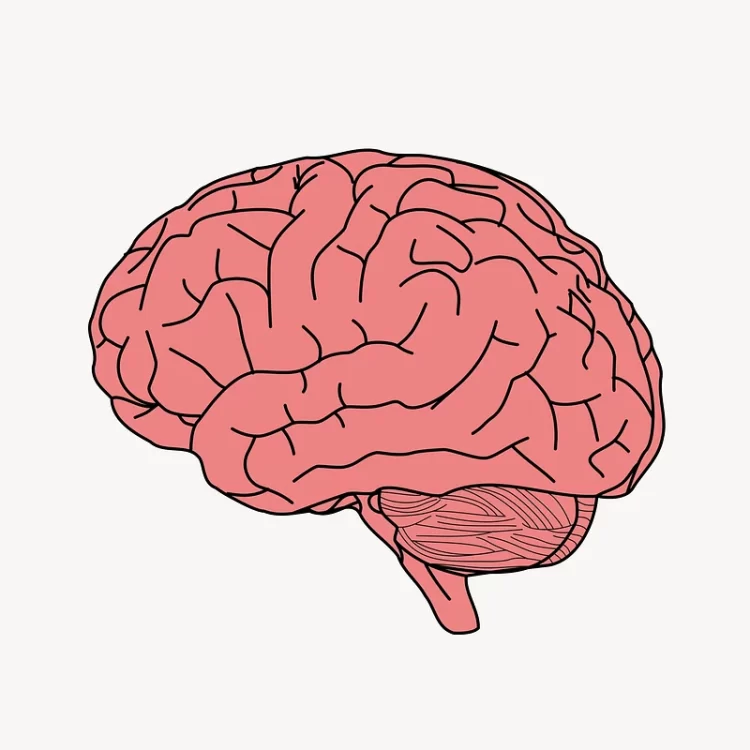The circadian rhythm and Parkinson’s: How major sleep deficits could worsen neurodegeneration
Parkinson’s disease, the second most common neurodegenerative disease, is characterized by the gradual loss of dopaminergic (dopamine-producing) neurons, leading to motor symptoms including stiffness, slowness of movements, and involuntary tremors. Parkinson’s can also present nonmotor symptoms such as digestive issues and sleep deficits. Unfortunately, there is currently no effective therapy that can delay or stop […]



